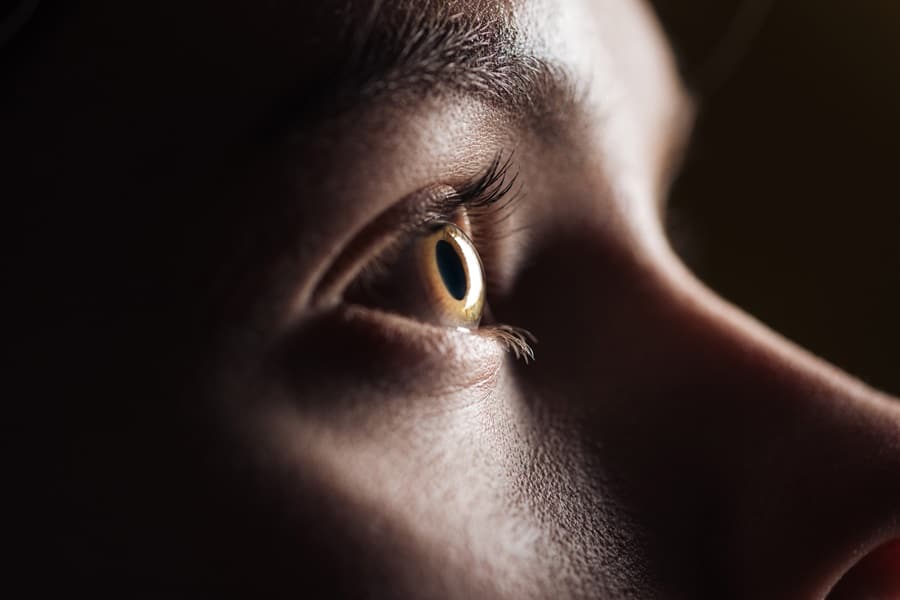LASIK (Laser-Assisted In Situ Keratomileusis) is a pioneering procedure that has changed the lives of millions of people around the world. With its promise of freedom from glasses and contact lenses, LASIK offers a path to clearer vision and a better quality of life. However, for those considering LASIK, a common question remains: How long will the benefits of LASIK last? This investigation of LASIK longevity is important to make informed decisions and understand the potential long-term consequences of the procedure. In this blog, we shed light on the complexities of LASIK longevity, examine the factors that influence its duration and provide information on what individuals can expect after surgery.
What is LASIK?
Before considering LASIK longevity, it is important to understand the fundamentals of the procedure. LASIK is a refractive surgery designed to correct common vision problems such as nearsightedness (myopia), farsightedness (hyperopia), and astigmatism. The surgery involves reshaping the cornea, the transparent front part of the eye, using an excimer laser. By changing the curvature of the cornea, LASIK aims to ensure that light entering the eye is properly focused on the retina, thereby improving vision. Factors Influencing LASIK Longevity:
1) Stability of Refractive Error:
The stability of a person’s refractive error, namely their prescription for glasses or contact lenses, is an important determinant of LASIK longevity. Optimal candidates for LASIK are those whose refractive error has been relatively stable for at least a year before the procedure. A stable prescription shows that the eye has reached a consistent state, reducing the chance of significant changes in vision after LASIK. Conversely, individuals with fluctuating prescriptions may experience regression or the need for additional enhancements over time.
2) Age:
Age plays an important role in LASIK candidacy and longevity. While LASIK can be performed on individuals age 18 and older, most eye surgeons recommend waiting until the late teens or early twenties when ocular development has stabilized. This ensures that the patient’s prescription is delivered in a relatively consistent state, increasing the predictability of LASIK results. Additionally, age-related changes in vision, such as presbyopia (age-related difficulty focusing on close objects), may appear in later years, potentially requiring additional vision correction beyond LASIK.
3) Eye Health:
The overall health of the eye before LASIK is paramount to achieving favorable and lasting results. Conditions such as dry eye syndrome, corneal disease, and ocular infections can compromise the healing process after surgery and contribute to fluctuations in vision over time. A comprehensive preoperative evaluation performed by an experienced eye surgeon helps identify any underlying ophthalmic problems that may affect the success and longevity of LASIK.
4) Surgeon Skill and Technology:
The skill of the LASIK surgeon and the technique used during the procedure significantly affects its longevity. Selecting a board-certified ophthalmologist with extensive experience in refractive surgery increases the chance of optimal results and reduces the risk of complications. Additionally, advances in LASIK technology, such as wavefront-guided and bladeless LASIK, provide greater precision and customization, contributing to improved visual acuity and longevity of results.
5) Postoperative Care:
Proper adherence to postoperative care instructions is helpful in maximizing the longevity of LASIK results. Patients are usually advised to use prescribed eye drops, avoid rubbing or touching their eyes, and attend scheduled follow-up appointments with their eye surgeon. These measures promote optimal healing, reduce the risk of complications, and facilitate long-term stability of vision after LASIK.
Expected LASIK Longevity:
While LASIK is often touted as a permanent solution for vision correction, its longevity is subject to individual variations and external factors. Several studies have shown that most LASIK patients achieve significant improvements in visual acuity, with many achieving 20/20 vision or better after surgery. However, it is important to acknowledge that some degree of regression or change in vision may occur over time, especially in individuals with progressive refractive errors or age-related vision changes. Despite the potential for minor complications, LASIK generally provides lasting benefits for most patients. Studies examining long-term LASIK outcomes have reported high levels of patient satisfaction and visual stability years after the procedure. Factors such as stable refractive error, young age at the time of surgery, and careful postoperative care contribute to long-term LASIK longevity and sustained visual acuity.
It is important to note that although LASIK can address refractive errors, it does not prevent age-related changes in vision or the development of other ophthalmic conditions. As individuals age, they may experience presbyopia, cataracts, or other age-related eye problems that require additional vision correction or treatment. However, LASIK may still provide significant benefits by reducing reliance on corrective glasses and improving overall quality of life.
LASIK offers individuals a remarkable opportunity to be free from glasses and contact lenses, providing clear vision and a better quality of life. While the longevity of LASIK results can vary depending on several factors including age, eye health, and surgeon skill, most patients experience long-lasting results. By understanding the factors that affect LASIK longevity and following proper aftercare, you can maximize the benefits of this life-changing procedure and enjoy clear vision for years to come. If you are considering LASIK surgery, it is essential to consult with a qualified LASIK surgeon to determine your candidacy and discuss your expectations and concerns. With the right guidance and care, LASIK can provide a permanent solution to your vision correction needs, freeing you from the constraints of glasses and contact lenses and allowing you to see the world with clarity and confidence.







